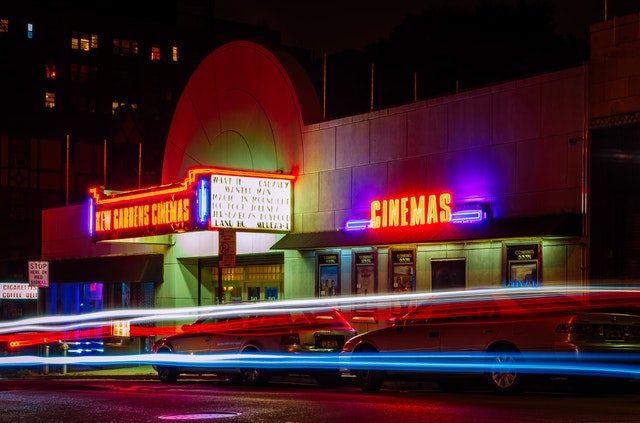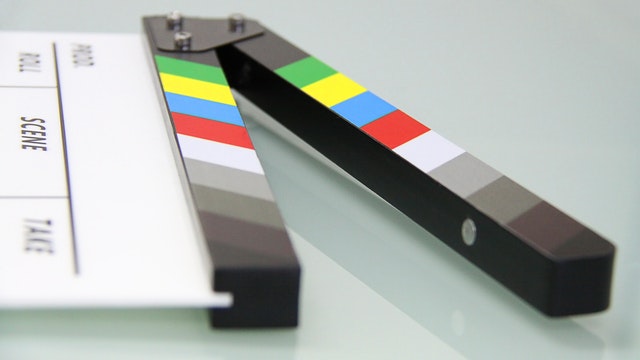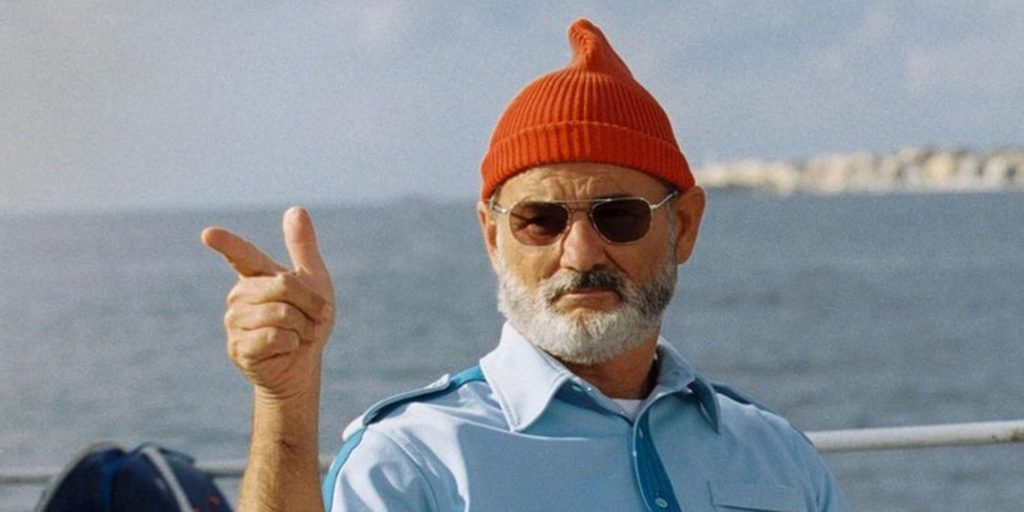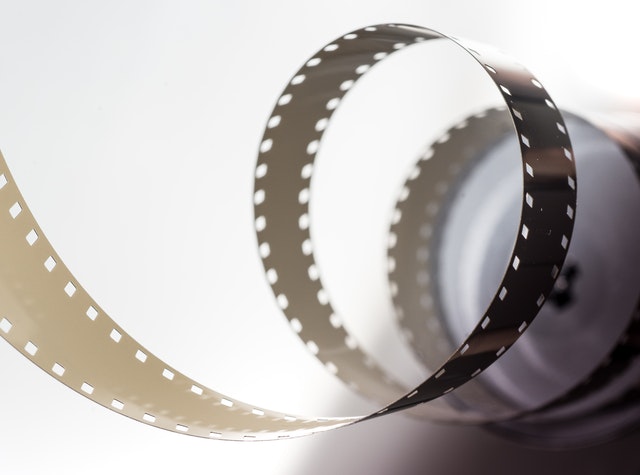The Literary Roles of Felicity Jones
Photo by Nathan Engel from Pexels
Felicity Jones is everywhere these days. In addition to her leading role in Rogue One, she’s one of the stars of this month’s A Monster Calls, based on the young adult novel by Patrick Ness and adapted for the screen by the author himself. And what a treat that must have been – to work directly with the imaginative mind of Patrick Ness and become immersed in the world of his award-winning novel. But Felicity Jones is no stranger to literary film roles. With Northanger Abbey, The Diary of Anne Frank, and, yes, even The Amazing Spider-Man 2 on her resume, it’s clear she’s a natural fit to translate the rich world of a novel to the silver screen. Here are some of our favorites.
Catherine Morland in Northanger Abbey (2007)
In 2007, the UK’s ITV adapted three novels for the network’s Jane Austen Season. The film, staring Felicity Jones as Catherine Morland opposite JJ Feild as Henry Tilney, was shot on location in Ireland, where Lismore Castle served as the exterior of Northanger Abbey. The novel was adapted for television by Andrew Davies, the screenwriter of the infamous BBC adaptation of Pride and Prejudice, and also starred Carey Mulligan as Catherine’s superficial friend Isabella. Felicity Jones was cast in Northanger Abbey mere weeks after graduating Oxford University, adding an Austen-tatious twist to this film’s production history.
Cordelia Flyte in Brideshead Revisited (2008)
In 2008, Felicity Jones played the minor role of Lady Cordelia Flyte in the Julian Jarrold directed film Brideshead Revisited. In an intricate game of Six Degrees of Separation, Andrew Davies again adapts a classic novel for the screen, this time translating the prose of Evelyn Waugh with co-screenwriter Jeremy Brock. As with the previous television series adaptations of this novel, Castle Howard in North Yorkshire served as the exterior of Brideshead for this film.
Margot Frank in The Diary of Anne Frank (2009)
In 2009, the BBC produced a five-episode miniseries adaptation of The Diary of Anne Frank. Felicity Jones played Anne’s sister Margot in this masterful drama. After its initial run on the BBC, the series was picked up by PBS to air in the United States as part of the network’s Masterpiece series.
Miranda in The Tempest (2010)
In 2010, Felicity Jones starred as Miranda, the daughter of the powerful sorceress and former duchess Prospera, in Julie Taymor’s reimagining of William Shakespeare’s The Tempest. Banished to the island with her mother at the age of three, Miranda is traditionally the only female character in Shakespeare’s tragicomedy. In this 2010 film, the male stage role of Prospero was rewritten to showcase Helen Mirin as Prospera.
Felicia Hardy in The Amazing Spider-Man 2 (2014)
In 2014, Felicity Jones took on her first comic book role by playing Felicia Hardy in The Amazing Spider-Man 2. Now, we know there are a ton of Spider-Man franchises to keep up with. This is the Andrew Garfield as Spider-Man/Emma Stone as Gwen Stacy vehicle. Not the Tobey Maguire as Spider-Man/Kirsten Dunst as Mary Jane/upside down kissing vehicle. And definitely not the Tom Holland as Spider-Man/Robert Downey Jr. as Iron Man superhero crossover event coming out later this year. So now that we have our universes straight: Felicity Jones played Felicia Hardy, the assistant to and possible mastermind behind Harry Osborn’s Green Goblin origin story. In the comics, Felicia Hardy is the alias to the sometimes antihero, sometimes villain Black Cat, a foil to Spider-Man’s heroic good deeds. There are several fan theories about this beloved actress coming back as Black Cat in the Marvel film universe, but with this new cinematic Spider-Man thread coming to theatres this summer, it looks unlikely.
Jane Hawking in The Theory of Everything (2014)
Based on Jane Hawking’s memoirs Music to Move the Stars and Traveling to Infinity: My Life With Stephen, the 2014 film The Theory of Everything stars Felicity Jones as Stephen Hawking’s first wife Jane. While The Theory of Everything tells Stephen Hawking’s story through Jane’s lens – the film ends roughly around the same time as their marriage – and some liberties were taken for dramatic effect, Stephen Hawking has stated that the film is broadly true. Not a bad review for a biopic that shows some of the uglier aspects of his personality.




